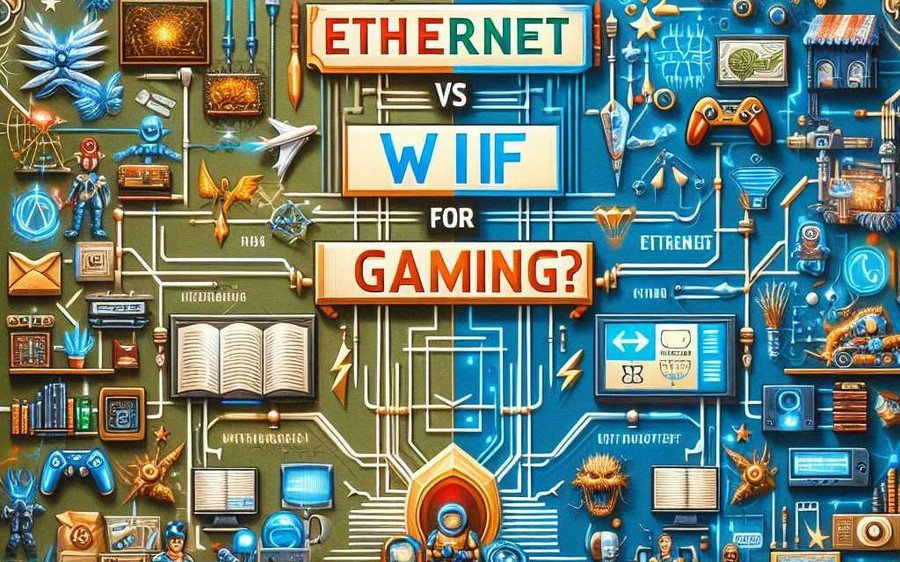If you have been around the Collectible Card Game (CCG) community long enough, chances are you have come across this debate. Perhaps you have pondered the question yourself whilst spending virtual piles of hard-won in-game currency on booster packs. Are CCGs like Magic: The Gathering a form of gambling? The debate is, of course, multifaceted. Legal definitions, cultural perceptions, and industry practices all play a role. Let's delve into the dynamics of CCGs and their resemblance to casino games to shed some light on this fascinating question.
Fantasy Elements in Casino Games
If your initial reaction is to dismiss this debate entirely, it might be because the fantasy trappings of games like MTG and Pokemon don't feel like they fit with the vibes of traditional casinos. On the contrary, however, modern casino games are increasingly incorporating fantasy elements into their design and marketing. These days, the distinction between a CCG and a slot game is hazy at best. Still unconvinced? Consider this list of titles:
• Medusa's Golden Gaze
• Dragonlance Chronicles
• Spectromancer
• Spellweaver
• Battlegrounds of Eldhelm
Ad
Two are popular online slot games, two are CCGs, and one is a series of fantasy novels from the 1980s. Can you tell which is which?
Monetisation Tactics and Technological Similarities
CCGs have long shared similarities with casino games, captivating players with the luck of the draw. This resemblance has grown more pronounced as CCGs and casino games intersect online. Technologically, both genres have adopted similar strategies to drive player engagement and monetization. Both employ microtransactions, enabling players to purchase cosmetic items and in-game currency. Additionally, randomized rewards systems are utilized by both CCGs and casino games, tempting players with the possibility of obtaining coveted items or achieving substantial wins. As technology progresses, the boundaries between these realms blur further. Looking forward, blockchain technology (which has already revolutionized online casinos) emerges as a transformative force in the CCG landscape, granting players true ownership of their digital assets potentially for the purposes of profit.
At a glance:
• Both genres incorporate microtransactions for purchasing virtual packs or in-game currency.
• They utilize randomized rewards systems to entice players with the possibility of obtaining desirable items.
• Blockchain technology is poised to revolutionize both CCGs in much the same way as it already has for casino games. According to 99Bitcoins’ guide for bitcoin casinos by Alexander Reed, there are already casinos built entirely built on blockchain, meaning all bets and transactions are auditable, which could give CCG players the same trust in the game that crypto casino players are already enjoying.
Strategic Gameplay: CCGs and Casino Games Compared
Ad
In CCGs, players construct decks from various cards, each possessing unique abilities, and then compete against others for victory. Success requires strategic analysis, anticipation, and adaptability. Similarly, poker and blackjack, mainstays of traditional casino gaming, demand intense strategy rather than relying solely on chance. While luck plays a role, skillful players can influence outcomes through strategy, probability, and psychology.
In CCGs, as in poker, the randomized distribution of cards provides the element of chance. However, unlike poker where players are dealt cards from a constant set, CCG players invest in booster packs, hoping to acquire rare, powerful cards to improve their decks. With new card collections regularly released, strategies can quickly become outdated, requiring players to stay informed and collect new cards to remain competitive. CCG enthusiasts are always chasing the proverbial Charizard, if you will. In contrast, strategic casino games like poker and blackjack remain consistent over time, allowing players to maintain their skills as the rules remain largely unchanged for centuries.
At a glance:
Similarities:
• Both CCGs and casino games demand strategic thinking from players.
• Luck plays a role in both types of games, but skillful players can influence outcomes.
• Players must analyze opponents and anticipate moves.
Differences:
Ad
• In CCGs, players construct decks from various cards with unique abilities, while casino games like poker have fixed card sets.
• CCG players invest in booster packs to acquire new cards, while casino games rely on consistent card sets.
• CCG strategies can quickly become outdated with new card releases, whereas the rules of strategic casino games remain unchanged over time.
The Future of the Debate
So, are CCG’s gambling? In gaming, the boundary between skill, strategy, and pure dumb luck is often a blurry one, and for CCGs where decks are built, and hands are dealt by the luck of the draw, it's easy to see why they invite this scrutiny. Legal precedents have influenced industry practices regarding the classification of CCGs as gambling. In Schwartz v. Upper Deck Co. the court ruled that purchasing booster packs wasn't gambling, defining it as a purchase of goods and services, as players always received tangible items regardless of what they hoped to receive. While definitions of gambling vary worldwide, even in countries like China, with strict laws against gambling, and the US, where gambling laws differ by state, CCGs remain legal and popular. Regardless, the debate over whether CCGs constitute gambling is likely to continue to intrigue the community for the foreseeable future. Meanwhile, technological advancements such as Bitcoin casinos and NFTs will continue to blur the lines between CCGs and traditional casino games, through the adoption of increasingly similar gameplay mechanics and monetization models. For the time being, CCGs like Magic: The Gathering, Yugioh!, Pokemon, and Hearthstone stand apart from gambling due to their strategic and evolving gameplay.





— 评论
0成为第一个发表评论的人